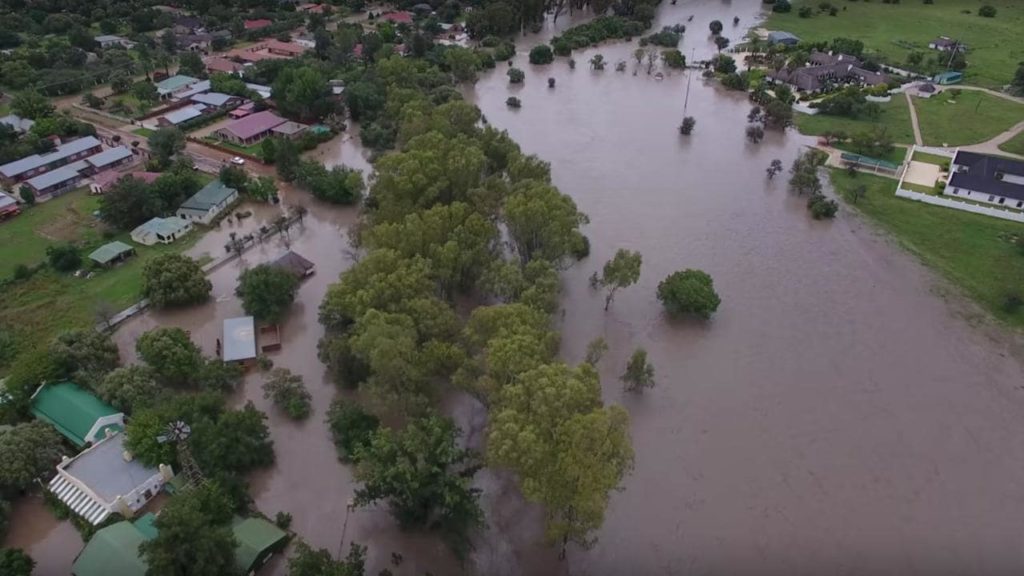As the number of disasters and crises affecting the tourism industry rises, it is becoming mandatory to understand the nature of these disasters and how to control and limit the impacts of such phenomenon.
Communication as an essential tool in our everyday lives also plays a major role in the business fields and events. Communication is an inevitable part of our work and everyday lives. It has become so essential that you ignore at your own peril.
Destinations around the world at some point in their planning have communication plans to address issues that affect them. The Tourism industry is one of the sectors, which depends heavily on the image, communications to drive and manage the destination.
Developed nations mostly have crisis communication plans and protocols that they exhaust to repair or manage impending situations. Most African destinations however, are yet to incorporate crisis communication management as part of their strategies to shape the minds and perceptions of their countries.
It is important and crucial in the tourism delivery chain to have back up plans to address issues that threaten the sustainability and the smooth operations of a destination.
A case in point is the unfortunate terror attack by Al-Shabab on a hotel and work complex in Kenya’s capital of Nairobi earlier this year.
Unfortunate that incident was, the manner in which information and communication flow was done was very professional and the institutions ensured that all facts are gathered before speaking to the media and the public. This averted what could possibly have been communication gaffes which usually follow these incidents with the ultimate effect of being a nosedive impact on the country’s visitor numbers and tourism receipts.

Destinations need to prepare for the worse and have crisis communications plan to address any unfortunate incident.
Capacity building for front line officers and managers should be encouraged to ensure that they are adequately prepared for any eventuality. It is in this regard that we align with the World Tourism Organization’s (UNWTO) adoption of ‘Fostering Resilience and Crisis Communication’ as part of the 10 points agenda for Africa.
Crisis communications courses have been held for countries and the officers of the African members of UNWTO. In June last year the organization, held crisis communications for Madagascar which was aimed at decreasing the impact of negative events in the country, ranking from natural disasters, pandemics and security-related issues among others.
African countries ought to be prepared to efficiently meet the high demanding job of managing a crisis at a destination.
Being proactive during a time of crisis means authorities should not shy away from explaining the truth and speaking to the media about the development.
This has worked really well for Ethiopian Airlines considering the efficiency with which they kept updating the public following the tragic crash involving one of its planes en route to Nairobi from Addis Ababa on March 10, 2019.
Whenever crisis hit, much is expected of managers and front liners to make available much information as possible, bearing in mind what prospective visitors might make of the information that is put out. Crisis communication is very critical in ensuring that, negative travel advisories aren’t always they case whenever and unfortunate incident occurs.
Destinations in Africa have long suffered in the absence of effective communication crisis strategies which has adversely affected visitor numbers.
A case in reference can be made of the outbreak of the Ebola disease in some parts of the continent a few years ago. Even in the absence of the disease in most of the countries on the continent, advisories abound to create the impression the entire continent was riddled with the disease.
The negative impact on travel and tourism was nothing short of tremendous. For us, developing crisis communication tools includes bringing all stakeholders who matter to the destination and providing them with key, adequate and relevant information while soliciting their inputs in addressing the challenge.
Those in charge of destinations need to come to the understanding that tourism thrive on the amount of information available to the tourists as much as it does for the product and service on offer, and that is for us, the essence of crisis communications especially in a world where no one can predict what happens tomorrow.
This article by Samuel Obeng Appah & Kojo Bentum-Williams first appeared as an editorial piece in the 7th edition of the VoyagesAfriq Travel Magazine.








